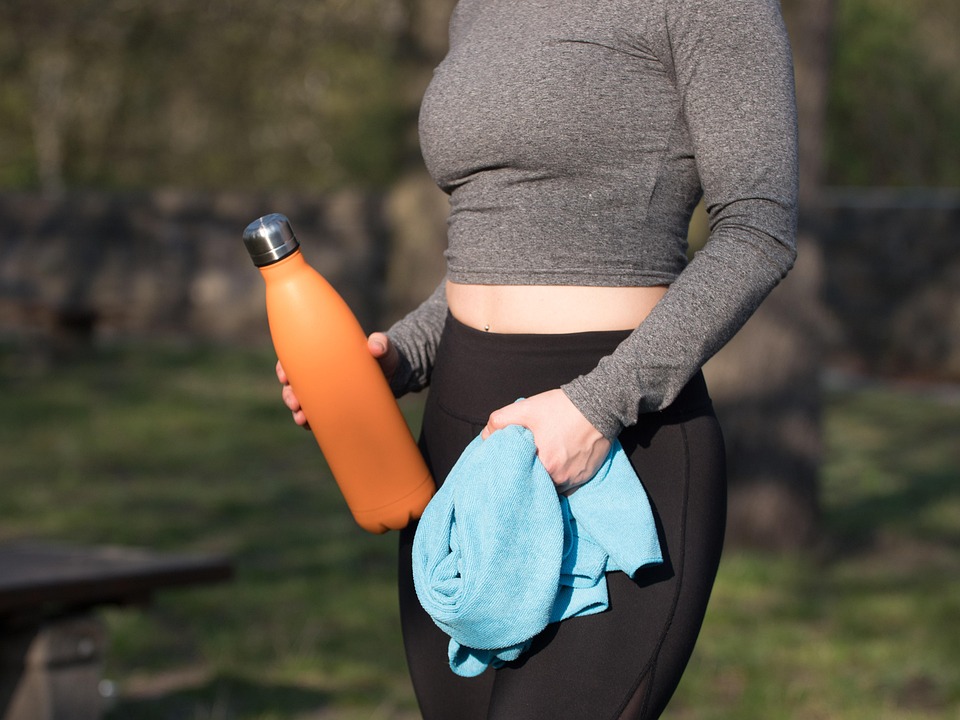
Hydration is a crucial aspect of fitness that often goes overlooked. Whether you’re a professional athlete or a weekend warrior, understanding the importance of staying hydrated can significantly impact your overall performance. Proper hydration not only supports physical endurance but also enhances mental focus and recovery. In this article, we’ll explore ten essential tips to help you maintain optimal hydration for peak fitness performance.
1. Know Your Body’s Needs
Hydration needs can vary based on several factors, including age, gender, weight, exercise intensity, and environmental conditions. A general guideline is to drink at least half your body weight in ounces of water each day. For those engaged in vigorous exercise, adjustments may be required. Use tools like hydration calculators that take into account your activity level for a more customized approach.
2. Start Your Day with Water
Kick-start your hydration first thing in the morning. After sleeping for several hours without water, your body can be somewhat dehydrated. Begin your day with a glass of water or two. This not only hydrates you but also jumpstarts your metabolism and helps in flushing out toxins.
3. Create a Hydration Schedule
Make a conscious effort to drink water throughout the day, rather than waiting until you feel thirsty. Establish a hydration schedule: drink a glass of water upon waking, maintain a bottle at your workspace, and sip before, during, and after workouts. Setting reminders on your phone can also be a useful strategy to ensure you’re consistently hydrating.
4. Consume Hydrating Foods
Water isn’t the only way to stay hydrated; many fruits and vegetables contain high water content. Foods such as cucumbers, watermelon, oranges, and strawberries can significantly contribute to your daily hydration needs. Incorporating these into your meals can provide the additional vitamins and nutrients necessary for great fitness performance.
5. Monitor Your Sweat Rate
Understanding your personal sweat rate can provide insights into how much water you need to replace during exercise. A simple test involves weighing yourself before and after a workout to determine how much fluid loss occurs. For every pound lost, aim to drink about 16-24 ounces of water to rehydrate.
6. Use Electrolyte Drinks Wisely
While water is vital, depending on the intensity and duration of your workouts, you might also need to replenish electrolytes—minerals lost through sweat like sodium, potassium, and magnesium. Use electrolyte drinks or tablets judiciously, especially for workouts exceeding an hour. However, be wary of sugary sports drinks that can add unnecessary calories.
7. Pay Attention to the Climate
Environmental conditions can have a significant impact on hydration needs. Hot and humid weather increases sweat loss, necessitating higher fluid intake. Conversely, in colder climates, dehydration can still occur due to dry air. Always adapt your hydration strategy to the environment, ensuring you stay on top of your needs regardless of the season.
8. Avoid Dehydrating Beverages
Caffeine and alcohol can contribute to dehydration. While moderate coffee consumption may not be detrimental, excessive caffeine can lead to increased urine output. Similarly, alcoholic beverages can hinder hydration and recovery, so it’s best to limit their intake, especially before intense exercise sessions.
9. Look for Signs of Dehydration
Recognizing the signs of dehydration is essential. Some common symptoms include dry mouth, fatigue, dizziness, and dark yellow urine. If you experience these while exercising, it might be too late; your performance could already be compromised. Make it a habit to check your urine color—it should typically be light yellow when adequately hydrated.
10. Hydrate During Recovery
Recovery is just as crucial as the workout itself. Post-exercise, focus on rehydration to facilitate recovery and muscle repair. Consuming fluids during your post-workout routine aids in replacing lost fluids and can help reduce muscle soreness. Consider pairing water with a balanced post-workout meal that includes carbohydrates and protein.
Conclusion
Staying hydrated is vital for achieving optimal fitness performance. By following these ten tips, you can ensure that you’re providing your body with the necessary hydration it needs to perform at its best. Remember, your hydration strategy should be personalized, so pay attention to your body and adjust your intake according to your unique needs.
FAQs About Hydration and Fitness
Q1: How much water should I drink daily?
A: A general rule of thumb is to drink at least half your body weight in ounces. For example, if you weigh 160 pounds, aim for around 80 ounces of water a day. If you exercise heavily, you may need more.
Q2: Can I drink too much water?
A: Yes, excessive water intake can lead to a condition known as hyponatremia, where sodium levels in your blood become dangerously low. It is essential to balance your water intake with electrolyte consumption, especially during prolonged activities.
Q3: What are the best drinks for hydration?
A: Water is the best choice for hydration. For longer workouts, consider electrolyte drinks with low sugar content. Coconut water, diluted fruit juices, and herbal teas can also be hydrating options.
Q4: How do I know if I’m hydrated?
A: A simple way to check hydration levels is through urine color. Light yellow usually indicates adequate hydration, while dark yellow suggests you need to drink more fluids.
Q5: Should I hydrate before, during, and after exercise?
A: Yes, it’s a good practice to hydrate before starting your workout, sip water throughout, and continue hydrating post-exercise for optimal recovery.
Hydration is not just an afterthought; it should be a systematic part of your fitness routine. By implementing these strategies, you can enhance your performance and promote overall health. Drink up, and stay active!






